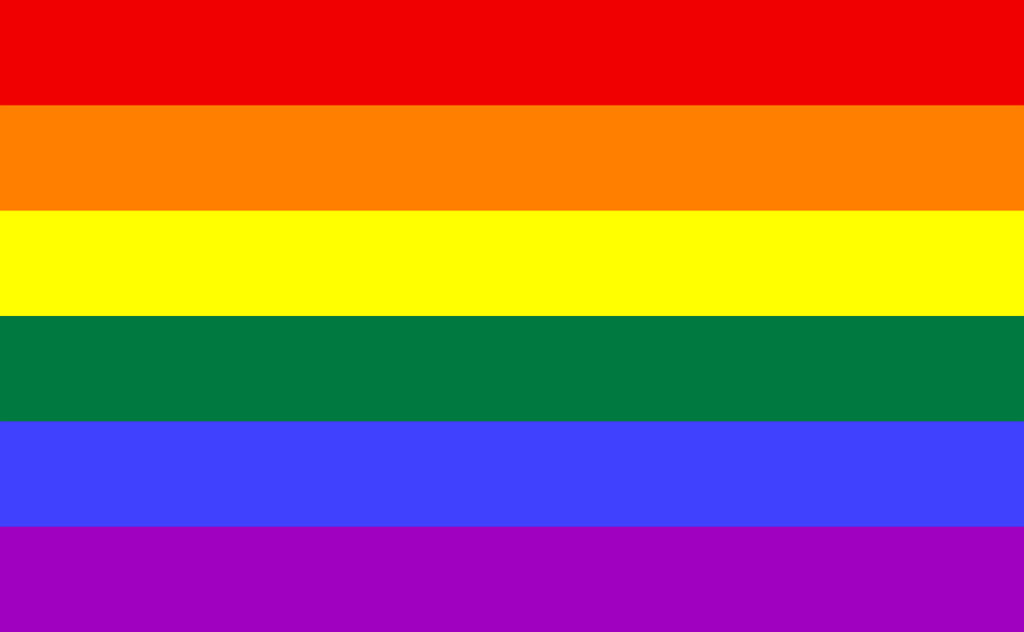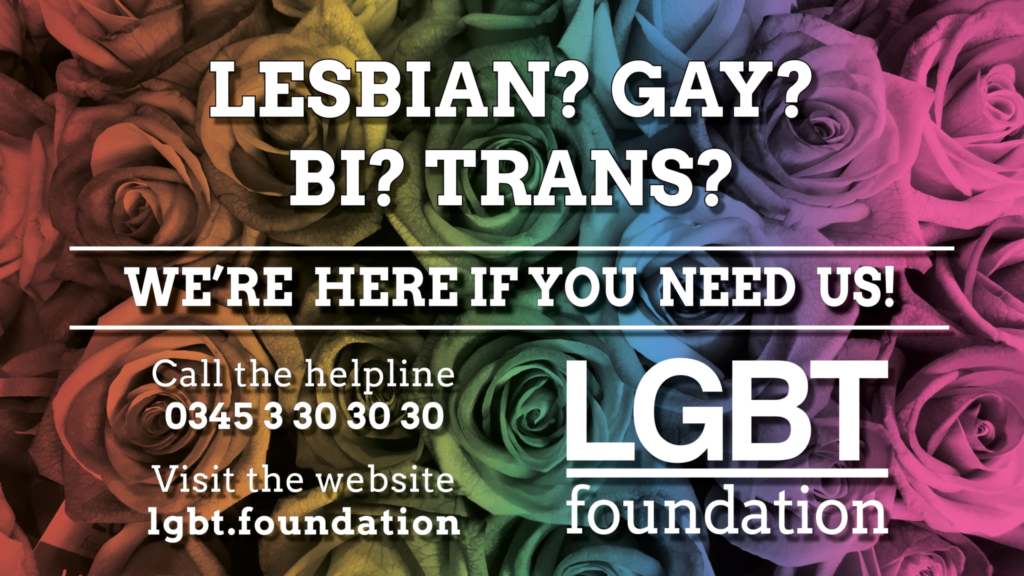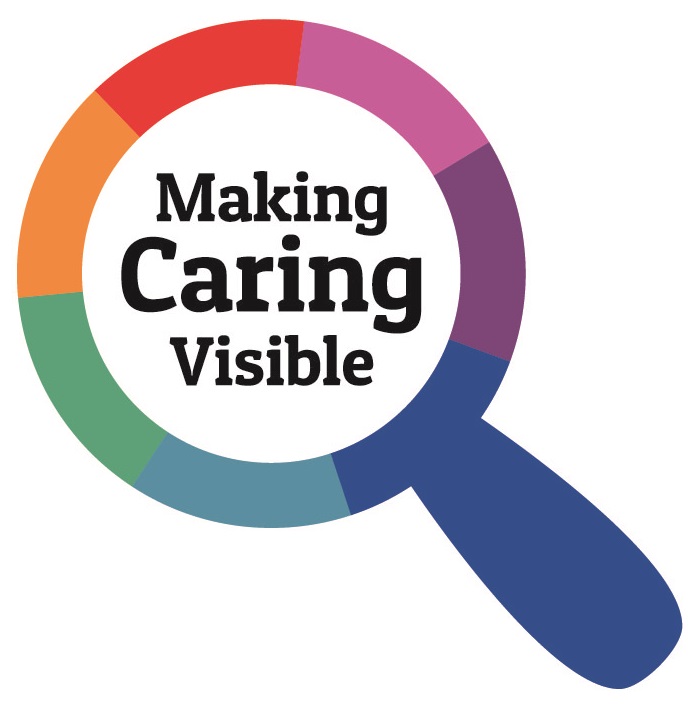Non-urgent advice: Confidentially statement
We hold your patient records in the strictest confidence, regardless of whether they are electronic or on paper.
We take all reasonable precautions to prevent unauthorised access to your records, however they are stored. Any information that may identify you is only shared with the practice team, or, if you are referred to hospital, to the clinician who will be treating you. We will only share information about you with anyone else if you give your permission in writing.
Non-urgent advice: Equality and Diversity statement
This practice believes in fairness and equality, and above all, values diversity. All staff have ongoing equality and diversity training and our equality and diversity policies are reviewed annually
Shared Care Prescribing Policy for Transgender Patients
Please find our shared care prescribing policy here . This policy has been agreed within our PCN which comprises of 10 local practices.
Screening Programme for Trans Patients
Please find attached all the screening programs available for the LGBTq community
Trans screening invitation

Burley Park Medical Centre
Trans patients may not be invited to routine screenings and can miss out on important health checks
Please ask a doctor or nurse to see if you’re due a screening and book an appointment to discuss how we can make your screening most comfortable for you.
LGBTQ foundation contact details

LGBTQ Support Groups
| Name LGBTQSupport Groups | About | Contact | Link |
| Bad Mittens | The Bad Mittens is a LGBT+ inclusive badminton group. This means that the group is open to anyone to attend, you don’t have to identify as Lesbian, Gay, Bisexual or Trans. | Bookings: https://www.meetup.com/Leeds-Inclusive-Sport/ Twitter: @LeedsLGBTHealth Facebook: The Bad Mittens | https://www.facebook.com/BadMittens/ |
| Leeds Frontrunners | Running group set up for the LGBT community and their friends. | Twitter: @Lfrontrunners | |
| Strike-back Kick Boxing | Open to all ages, this is an LGBT kickboxing group which wants to challenge the homophobic views while developing self-defence and kickboxing skills. | Steve – 07932033512, strike.back.kickboxing@gmail.com | https://www.facebook.com/groups/904473859642830/?fref=ts |
| Leeds Hunters | Inclusive rugby group open to all gay, bisexual and straight males. | https://www.theleedshunters.com/ | |
| Yorkshire Terriers FC | The Yorkshire Terriers were one of the first gay friendly teams to be founded and put together in the UK. | http://www.terriersfc.co.uk/ | http://www.terriersfc.co.uk/ |
| Leeds LGBT+ Book Club | Leeds LGBT+ Book Club meets 6-6.45pm on the 1st Wednesday of the month to discuss a range of books with LGBT+ themes. Open to anyone aged 18 and over who is LGBT+ or a close ally. You can find out more, including our reading list for the year, at http://www.leedslgbtbooks.co.uk/. Leeds LGBT+ book club also runs a two yearly LGBT Literature Festival. | leedslgbtbookclub@gmail.com | https://www.facebook.com/LeedsLGBTbooks/ |
| Leeds Bi Group | Leeds Bi Group is a social/support group for people aged 18 and over who are attracted to more than one gender. For more information see www.leedsbigroup.org.uk or email leedsbigroup@gmail.com | leedsbigroup@gmail.com | http://www.leedsbigroup.org.uk/ |
| Meetup – Leeds Gay Men | Consisting of 841 members, the Leeds Gay Men Group organise social events in an environment where members can meet, relax and make friends while having a great time. | LeedsGayMen@googlemail.com | https://www.meetup.com/LGMGroup/ |
| LGBT+ Sport Fringe Festival | Inclusive events to support access, participation and awareness of LGBT+ in Sports and Physical Activity in Leeds | danny@lgbtsportfestival.co.uk | https://www.facebook.com/groups/1069684236446149/?ref=br_rs |
| Lesbian Socials | We are a group of gay women from all over Yorkshire socialising in and around Leeds, Huddersfield & York, friendly to all lesbians, bisexuals and transgender women who love women | https://www.meetup.com/lesbiansocials/ | https://www.meetup.com/lesbiansocials/ |
| Proud ‘N’ Diverse | LGBTQI+ support group for people over the age of 18. | support@proudndiverse.co.uk | https://www.proudndiverse.co.uk/ |
| BHA LeedsSkyline | provides prevention and support services for anyone at risk of, living with or affected by HIV in Leeds. | leedsskyline@thebha.org.uk | http://thebha.org.uk/skyline |
| Merrion Centre – Sexual Health | The Merrion Centre clinic offers walk in appointments for full STI and HIV testing during the day. | 0113 392 0333 | https://leedssexualhealth.com/services/merrion-centre |
| Yorkshire MESMAC | They offer services to various communities including men who have sex with men, BME people, people misusing drugs, sex workers, and LGB&T* young people and adults. | 0113 244 4209 | https://www.mesmac.co.uk/ |
| Blacks Solicitors | Blacks are actively involved in the advancement of inclusion in Leeds; sponsoring the Leeds Hunters, supporting the Leeds LGBT* book club, and working alongside the LCC LGBT* Hub to promote diversity and acceptance throughout the Leeds commercial sector. | 0113 207 0000 | https://www.lawblacks.com/ |
| TransLeeds | a support group, for Transgender, Non-Binary and Gender Non-Conforming people | contact@transleeds.lgbt | https://twitter.com/TransLeeds |
| Leeds Survivor Led Crisis Service | Crisis suport for anyone in the LGBT community, including (but not limited to) people who identify as lesbian, gay, bisexual, transgender, non-binary, asexual, intersex or are questioning their identity. They provide a safe space for you to talk about any feelings or share thoughts. | patrick.gatewood@lslcs.org.uk | https://www.lslcs.org.uk/services/group-work-2/lgbttrans-group/ |
| Leeds University Union LGBT Society | The Leeds University Union LGBT+ Society is a student run welfare society that provides a welcoming and inclusive environment for all. Our services range from having a welfare member of the committee to talk to at any time, to fun socials to help you make friends and get involved with the community. | 0113 3801 400 | https://www.luu.org.uk/groups/lgbt/ |
| Leeds Beckett University – EQUALS Society | The EQUALS Society at Leeds beckett is a fun, safe and active LGBTQ* community established to promote the wellbeing and happiness of its members. | https://www.leedsbeckettsu.co.uk/groups/equals-society-formerly-lgbtq | |
| SAGE | This is a partnership project between Yorkshire MESMAC and AgeUK Leeds. It’s main aim is to tackle the social isolation faced by older LGBT*Q people. | 07736151895 R.Rawlings@mesmac.co.uk | https://www.mesmac.co.uk/our-areas/leeds/sage |
| Out – 2 – 18 | Group for 11-18 year olds who identify as LGBT+. | Courtnay.eyre@leeds.gov.uk | |
| The Leeds Trinity Student Union LGBT+ society | offers support to LTU’S LGBT* students aswell as putting on events for LGBT* students and the wider Leeds Trinity Community |
Zero Tolerance statement
This practice operates a zero tolerance policy towards harassment and abuse of staff or patients, which includes (but not limited to) homophobia, biphobia, transphobia, racism, sexism, ageism, or harassment or abuse on basis of disability, marriage or civil partnership, pregnancy or maternity, religion or belief.
